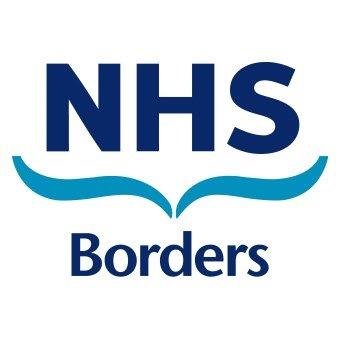Who to refer:
Adult inpatient with MUST score 2 or above.
MUST screening tool.
Indications for dietetic referral regardless of MUST score:
Gastrointestinal Conditions:
- Decompensated liver patients.
- Upper gastrointestinal conditions including newly diagnosed oesophageal cancer, oesophageal stent insertions, oesophageal strictures, achalasia, stomach cancer
- Lower Gastrointestinal conditions – malabsorption, newly diagnosed coeliac disease, inflammatory bowel diseases (active crohns and ulcerative colitis)
- Complicated bowel surgery that is poor to recover e.g. erratic or non-moving bowels, nausea and vomiting.
- Pancreatic conditions e.g. severe pancreatitis or pancreatic cancer
- Diverticulitis
Artificial Feeding:
- Requiring enteral feeding (NG, NJ, PEG, jejunostomy)
- Requiring parenteral nutrition (TPN)
- Eating disorders- if admitted for artificial feeding support
Electrolyte Abnormalities:
- Persistent hyperkalaemia K+>5.5mmol/l on an upward trend, despite first line medical management.
Other Indications:
- Wound Healing for pressure ulcers or slow healing wounds
- Dysphagia requiring advice on altered consistency
- Oral Nutrition support in Palliative care if appropriate
- Bariatric patients.
Based on referral information inpatients are triaged appropriately:
High Risk
- Parenteral Nutrition
- Enteral Nutrition if tube in situ and starter regimen commenced
- Enteral tube feed discharge
- New PEG
- Polymeric diet
- Hyperkalaemia (K+>6.0) following medical management
- Oesophageal stent
- Eating disorders- if admitted for enteral feeding or medical stabilisation
- Decompensated liver disease, Hepatitis
- Upper GI conditions including new oesophageal Cancer, stomach Cancer, Achalasia
- Complicated bowel surgery that is slow to recover
- Pancreatic conditions e.g. severe pancreatitis or pancreatic cancer
- Poor wound healing/pressure sore (Grade >3)
- MUST OF 3 or above
- Newly diagnosed Type 1 diabetes- liaise with Diabetes dietitian
Medium Risk:
- MUST of 2
- Renal disease requiring low potassium, low phosphate diet
- Irritable Bowel Disease (IBD)
Low Risk:
- MUST of 1 + Poor intake for 3 days
- Diabetes – newly diagnosed type 2 or poor control- liaise with Diabetes dietitian
- Any patient requiring bariatric equipment
- Newly diagnosed Coeliac Disease
- Diverticulitis
- Irritable Bowel Syndrome (IBS)
It is our aim to assess patients within 1-5 working days on the basis of staffing capacity and prioritisation criteria. For those who are discharged before seen will be followed up as outpatient.
Who not to refer:
- Weight monitoring and dietetic referral should only be undertaken if there is an expected benefit. Patients receiving end of life care should be encouraged with preferred foods and fluids.
- MUST score less than 2, please monitor patients’ dietary intake and repeat MUST screening weekly.
How to refer:
Referrals are accepted by all health care professionals and can be made via
Telephone: 01896 826 450 or
Email: Acute.Dietitians@borders.scot.nhs.uk
